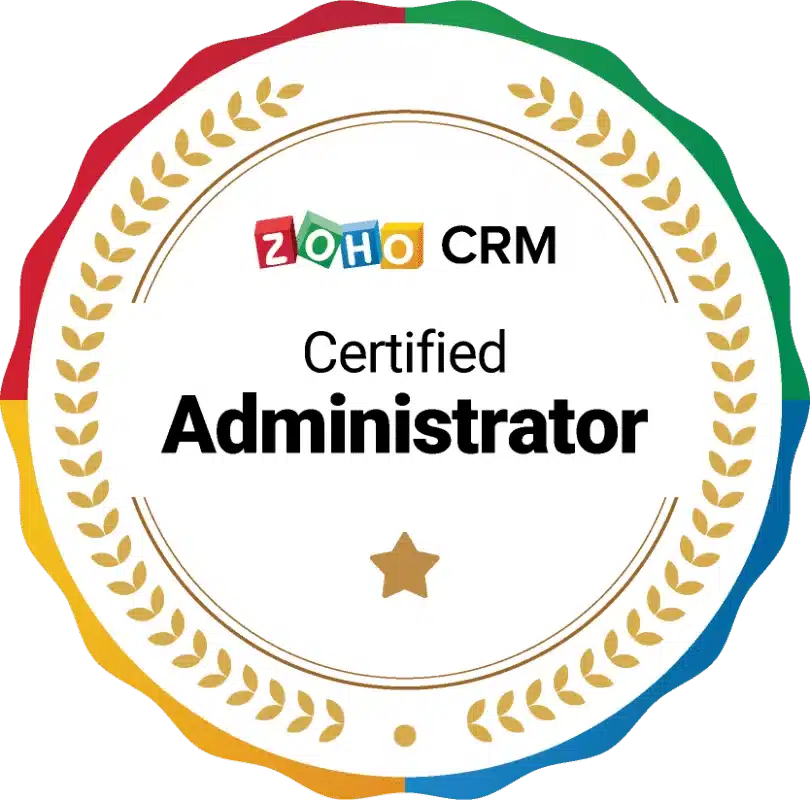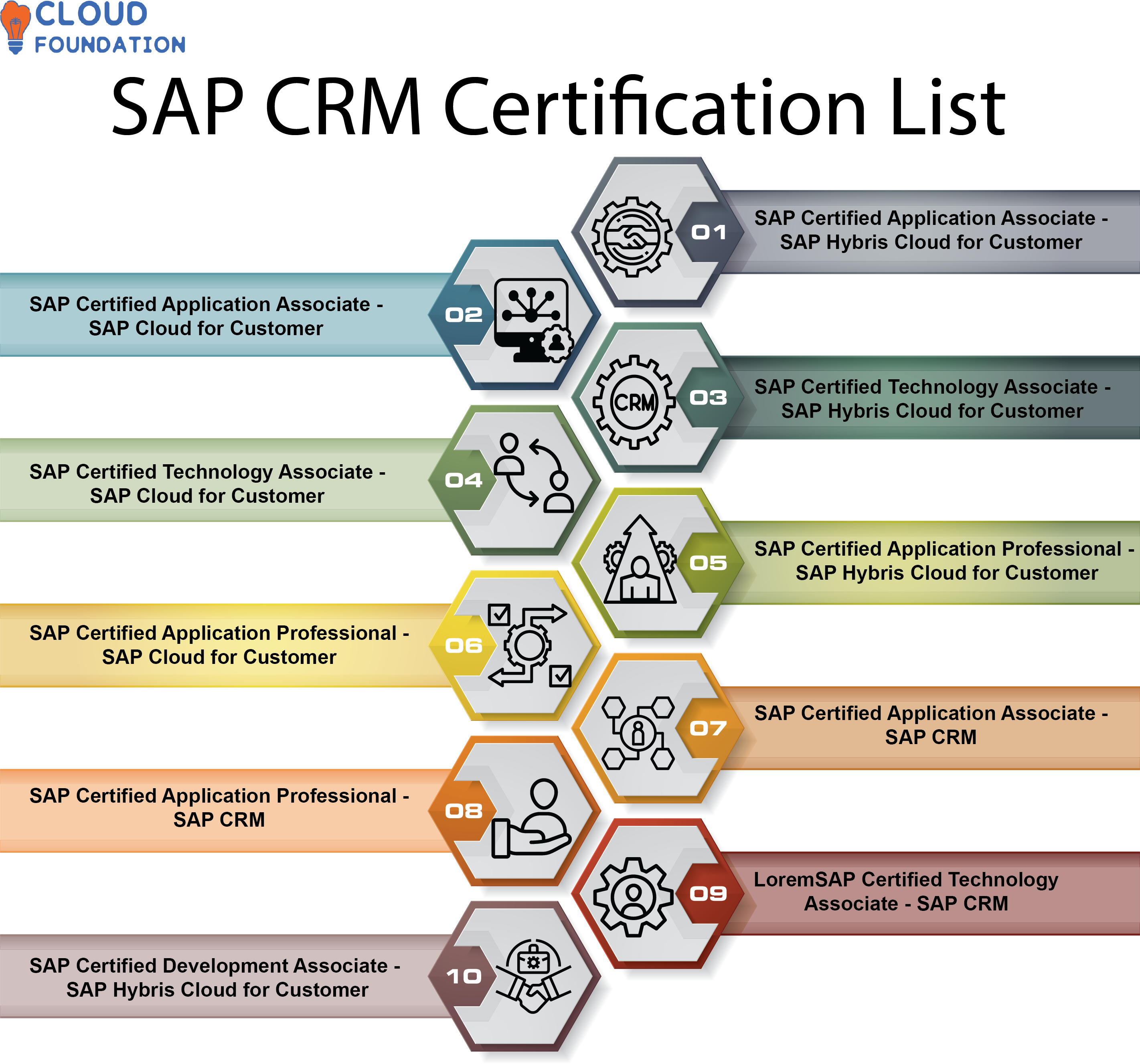
CRM for Certification Programs: Streamlining Operations, Enhancing Learner Experience, and Driving Growth
In today’s competitive landscape, certification programs are essential for professionals seeking to validate their skills, advance their careers, and stay ahead of industry trends. However, managing these programs effectively can be a complex undertaking, involving multiple stakeholders, intricate processes, and large volumes of data. This is where Customer Relationship Management (CRM) systems emerge as a game-changer, offering a centralized platform to streamline operations, enhance the learner experience, and drive sustainable growth.
Understanding the Unique Needs of Certification Programs
Certification programs have distinct characteristics that differentiate them from traditional educational institutions or businesses. These include:
- Diverse Learner Base: Certification programs often cater to individuals with varying levels of experience, educational backgrounds, and career goals.
- Complex Application Process: The application process can involve multiple steps, including eligibility verification, document submission, and fee payment.
- Rigorous Examination Requirements: Certification exams are designed to assess the knowledge and skills of candidates, often requiring specialized testing facilities and proctoring services.
- Ongoing Maintenance and Renewal: Certifications typically require periodic renewal, involving continuing education, recertification exams, and adherence to ethical standards.
- Accreditation and Compliance: Many certification programs are subject to accreditation standards and regulatory requirements, necessitating robust record-keeping and reporting capabilities.
How CRM Addresses the Challenges
A well-implemented CRM system can address the unique challenges of certification programs by:
- Centralizing Data Management: CRM provides a single source of truth for all learner data, including contact information, application status, exam scores, certification history, and communication logs.
- Automating Key Processes: CRM can automate repetitive tasks such as application processing, exam scheduling, payment reminders, and certification renewal notifications.
- Improving Communication and Engagement: CRM enables personalized communication with learners through email, SMS, and other channels, fostering engagement and building stronger relationships.
- Enhancing Reporting and Analytics: CRM provides real-time insights into program performance, enabling data-driven decision-making and continuous improvement.
- Streamlining Accreditation and Compliance: CRM helps maintain accurate records and generate reports required for accreditation and regulatory compliance.
Key CRM Features for Certification Programs
When selecting a CRM system for a certification program, consider the following features:
- Contact Management: Comprehensive profiles for learners, instructors, employers, and other stakeholders.
- Application Management: Automated workflows for application submission, review, and approval.
- Exam Management: Scheduling, registration, and scoring of exams, with integration to testing platforms.
- Certification Management: Tracking certification status, renewal dates, and continuing education requirements.
- Learning Management System (LMS) Integration: Seamless integration with LMS platforms to track learner progress and deliver online courses.
- Email Marketing: Automated email campaigns for recruitment, onboarding, and certification renewal.
- Reporting and Analytics: Customizable dashboards and reports to track key metrics such as application volume, exam pass rates, and certification renewal rates.
- Payment Processing: Secure online payment processing for application fees, exam fees, and certification renewal fees.
- Customer Support: A ticketing system or knowledge base to address learner inquiries and provide technical support.
- Role-Based Access Control: Secure access to sensitive data based on user roles and permissions.
Benefits of Using CRM for Certification Programs
Implementing a CRM system can bring numerous benefits to certification programs:
- Increased Efficiency: Automating manual processes reduces administrative burden and frees up staff to focus on strategic initiatives.
- Improved Learner Experience: Personalized communication, streamlined processes, and responsive support enhance the learner experience and increase satisfaction.
- Enhanced Data Visibility: Centralized data management provides a clear view of program performance, enabling data-driven decision-making.
- Better Compliance: Accurate record-keeping and reporting capabilities ensure compliance with accreditation standards and regulatory requirements.
- Increased Revenue: Improved learner engagement, streamlined renewal processes, and effective marketing campaigns can drive revenue growth.
- Scalability: CRM systems can scale to accommodate growing program enrollments and evolving business needs.
Selecting the Right CRM System
Choosing the right CRM system is crucial for success. Here are some factors to consider:
- Program Size and Complexity: Select a CRM system that can handle the volume of data and complexity of your certification program.
- Integration Capabilities: Ensure that the CRM system integrates seamlessly with your existing systems, such as your LMS, accounting software, and email marketing platform.
- Customization Options: Choose a CRM system that can be customized to meet your specific needs and requirements.
- User-Friendliness: Select a CRM system that is easy to use and requires minimal training.
- Vendor Support: Choose a CRM vendor that offers excellent customer support and training resources.
- Pricing: Consider the total cost of ownership, including software licenses, implementation fees, and ongoing maintenance costs.
Implementation Best Practices
To ensure a successful CRM implementation, follow these best practices:
- Define Clear Goals and Objectives: Clearly define the goals and objectives of your CRM implementation. What do you want to achieve? How will you measure success?
- Involve Stakeholders: Involve all stakeholders in the planning and implementation process, including program administrators, instructors, and learners.
- Develop a Detailed Implementation Plan: Create a detailed implementation plan that outlines the scope, timeline, budget, and resources required.
- Data Migration and Cleansing: Migrate your existing data to the CRM system and cleanse it to ensure accuracy and completeness.
- User Training: Provide comprehensive training to all users on how to use the CRM system effectively.
- Ongoing Monitoring and Optimization: Continuously monitor the performance of the CRM system and make adjustments as needed to optimize its effectiveness.
The Future of CRM in Certification Programs
The future of CRM in certification programs is bright. As technology continues to evolve, CRM systems will become even more sophisticated and powerful, offering new ways to improve the learner experience, streamline operations, and drive growth. Some trends to watch include:
- Artificial Intelligence (AI): AI-powered CRM systems can automate tasks such as lead scoring, personalized recommendations, and chatbot support.
- Mobile CRM: Mobile CRM apps enable program administrators and learners to access information and perform tasks on the go.
- Social CRM: Social CRM integrates social media data into the CRM system, providing insights into learner behavior and preferences.
- Blockchain: Blockchain technology can be used to create secure and tamper-proof certification records.
Conclusion
CRM systems are essential tools for certification programs seeking to streamline operations, enhance the learner experience, and drive sustainable growth. By centralizing data, automating key processes, and improving communication, CRM enables certification programs to operate more efficiently, effectively, and profitably. By carefully selecting and implementing a CRM system that meets their specific needs, certification programs can unlock significant benefits and position themselves for success in the ever-evolving world of professional development.

